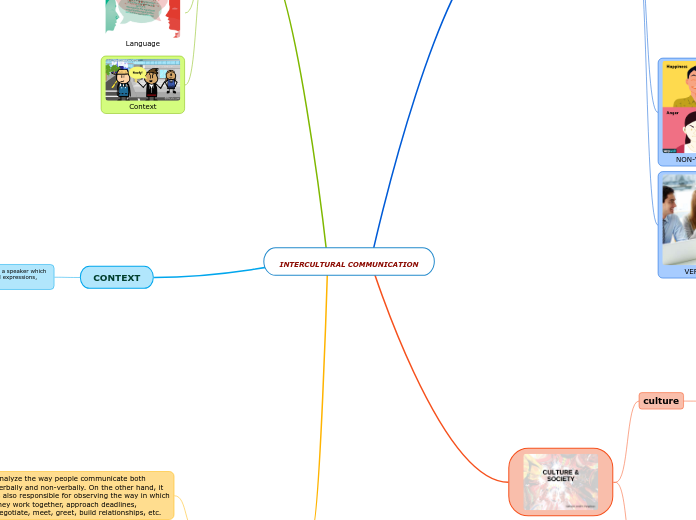INTERCULTURAL COMMUNICATION
COMMUNICATION

Opportunity to share information about any topic.
COMPONENTS
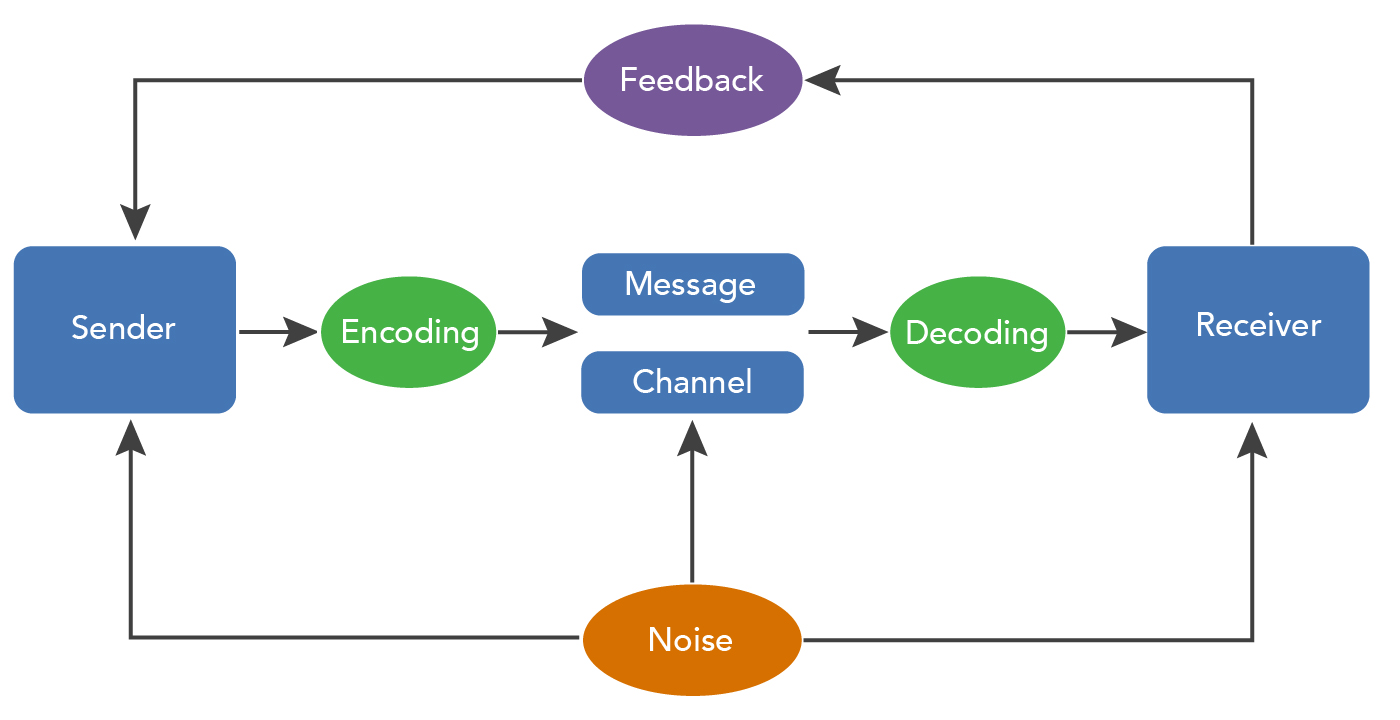
MEANS OF PHISICAL COMMUNICATION

ROADS
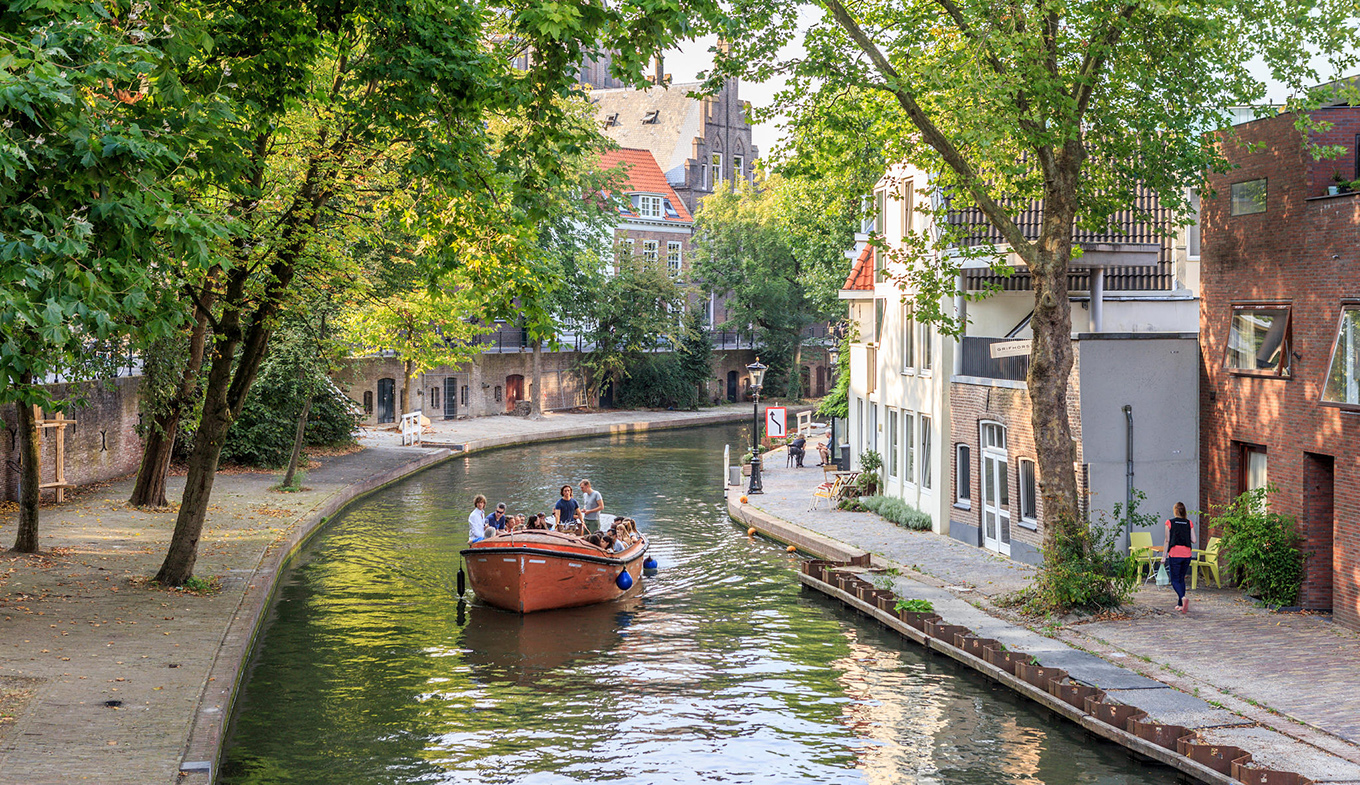
CANALS

RAILSWAYS

AIRPLANE
:max_bytes(150000):strip_icc()/2795397-types-of-nonverbal-communication-5b0db1218023b90036ee686a.png)
NON-VERBAL COMMUNICATION
Consists of elements other than verbal (spoken or written) signs.

VERBAL COMMUNICATION
Spoken or written

culture

Is like a community where you can share and adapt different kind of products like the opinions or ideas
society
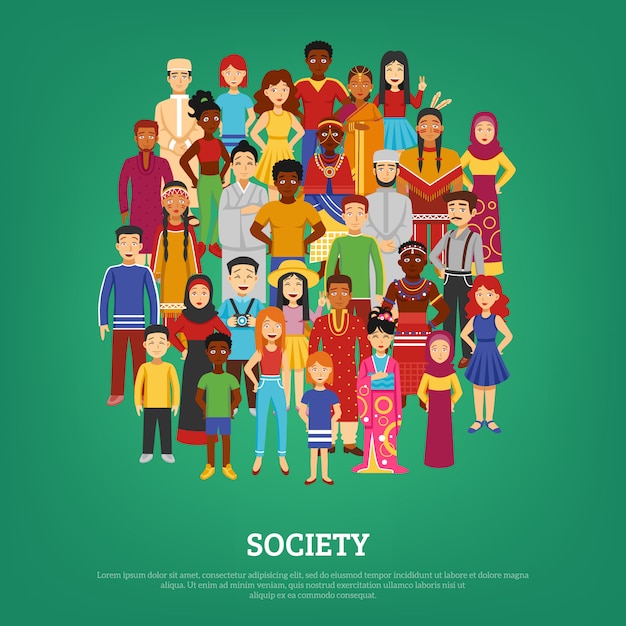
Society is an interdependent group of people who live together in a particular region or place and are associated with each other.
What is?

Interaction

Cultures
It is one that is dedicated to studying communication through different cultures or social groups and each culture can affect communication.
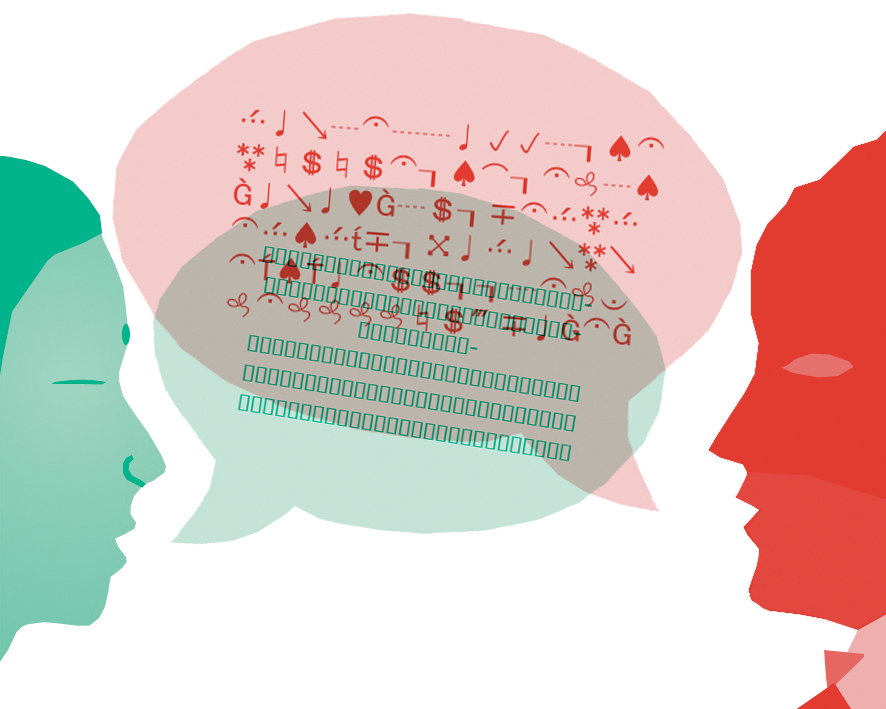
Language

Context
CONTEXT
They are the physical and affective signals of a speaker which indicate meaning such as tone of voice, facial expressions, posture and gesture.
LOW-CONTEXT
Focus on speaker, information is in a logical and linear sequence, explicit, implicit, individualistic.

EXAMPLE: GERMANS AND SWISS
HIGH-CONTEXT
Meaning is in context non verbal communication, speaker´s attitudes or feelings, mutually dependent.
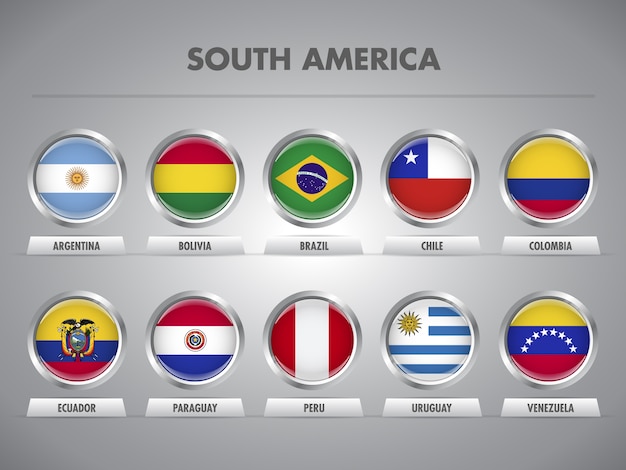
EXAMPLE: LATINO AMERICANS
GLOBALIZATION
Analyze the way people communicate both verbally and non-verbally. On the other hand, it is also responsible for observing the way in which they work together, approach deadlines, negotiate, meet, greet, build relationships, etc.

“Mixture of cultures and people within each culture.”
Saint-Jacques proposes a teaching method for intercultural communication in globalization. This focuses on seeing culture as "ways of thinking, beliefs and values"
